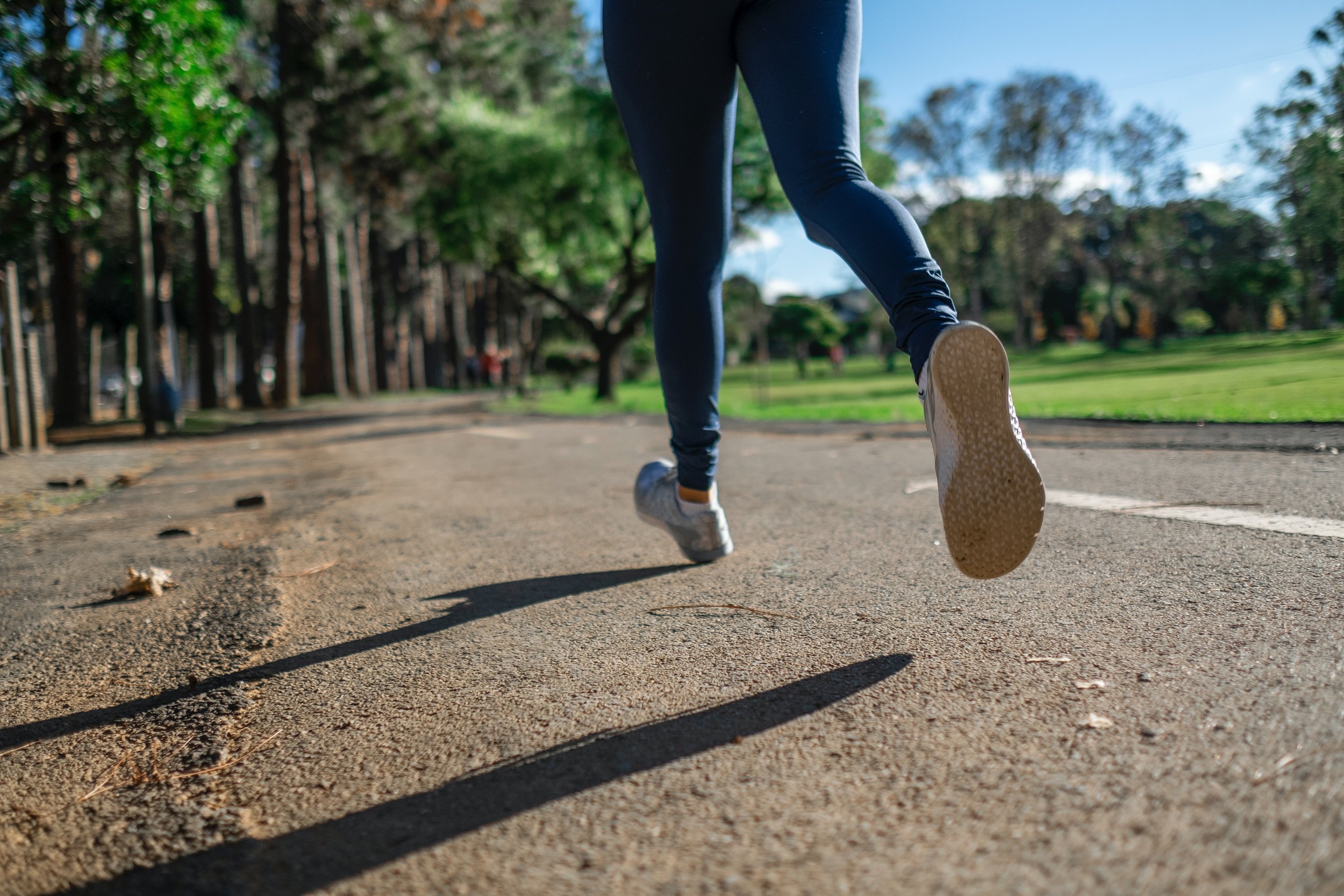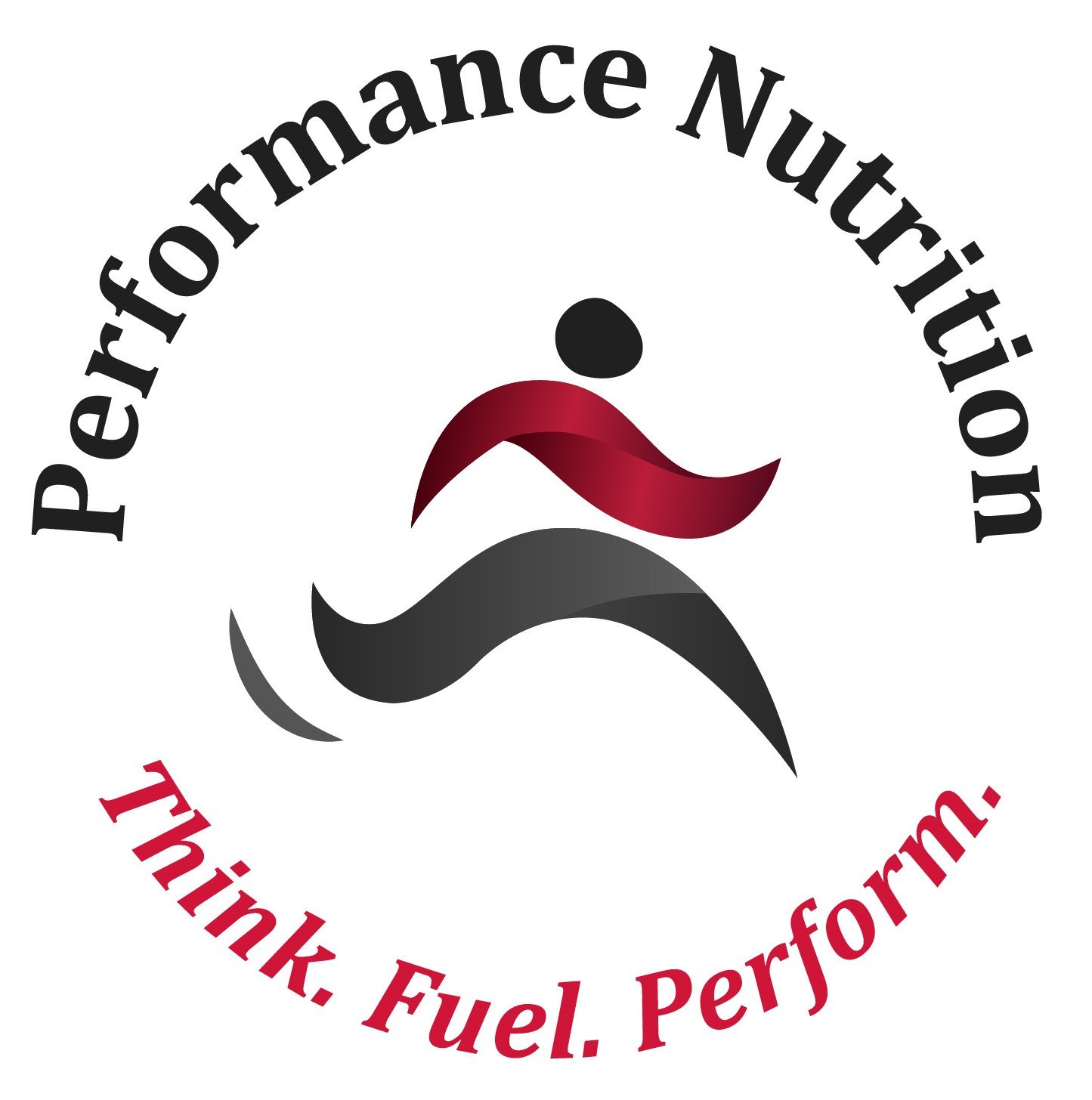
My Fueling Journey
Learning How to Fuel Mindfully & Intuitively as an Athlete
Photo by Patrick Case from Pexels
I had little sports nutrition knowledge as a high school field hockey, basketball and track athlete and a Division I collegiate field hockey player. I now know that I wasn’t ‘fueling’ optimally. I wasn’t consuming sufficient protein, hydrating adequately or fueling during long workouts. Many of us have experienced that sense of frustration with our athletic ability thinking that hard work, eating three meals a day plus snacks is enough, but in fact that’s just the beginning to optimally nourishing and fueling your body.
It was only after I graduated from college and started training for my first half marathon that I began to practice mindful and intuitive eating and fueling. I had the fortunate opportunity to work with both an exercise physiologist and a sports dietitian nutritionist who helped me develop the appropriate training program and provided me with the nutrition knowledge to optimally support my needs for the race. I trained hard and also began to really think about why, when, what and how I was fueling and nourishing my body.
This was the beginning of my practice with mindful and intuitive eating and fueling – and I loved the results! I began listening more to my body’s hunger and satiety cues and gave myself permission to enjoy all foods that I loved. By honoring my body’s hunger and fullness cues, I naturally reduced the times that I ate just because I was bored, stressed, procrastinating or food was available. However, I also gave myself permission to allow myself to eat if that’s what I felt was the best way for me to take care of myself in that moment. Listening to my inner wisdom by pausing to gather information and then deciding what I truly wanted and how best to meet my needs was a huge shift for me and enabled me to respond rather than react. Instead of listening to others or diet rules, I was listening to my inner wisdom. By paying attention to the amount of food that was best for me, I began to stop eating (most times) when I was comfortably satisfied rather than too full AND I didn’t deprive myself. I became aware of why, when, what, how and how much I was eating as well as the types of foods that made me feel best.
Fueling for My First Half Marathon
Photo by Daniel Reche from Pexels
Each week during my training, I made small modifications to both how I was fueling and hydrating. Because of these changes, I began to feel better – I had more energy, strength and stamina. I began experimenting with drinking more water as well as different portions and types of food — knowing that ALL foods fit when eating and fueling with awareness, curiosity and compassion. I began listening to my body and honoring my hunger and fullness cues better. And the race? Well, let’s just say I ran faster than my goal time!
Mindful and intuitive fueling and eating enables me to trust my body and enjoy ALL foods that I love. It puts me in charge of my food choices rather than feeling that certain foods “control” me or that I need to “control” certain foods by restricting my food choices.
Mindful living, eating and fueling have also led me to build a stronger more resilient foundation. Eating and living with intention (purpose) and attention (focus) is my way of taking care of myself by putting my needs first so that I can be the best person and nutrition counselor that I can be.
Discovering How Best to Fuel My Body
During this time, I also learned when and what to eat so that I would not experience an upset stomach. There are many individuals who suffer from sensitive stomach issues—indigestion, cramping and other related digestive problems when being physically active. For me, many foods used to bother my stomach if I ate them close to and during workout outs. I felt I could only eat certain foods or drink particular liquids before being physically active until I began to experiment based on evidence-based, scientific sports nutrition guidelines. I was surprised that you can “train” your stomach to tolerate food and fluid during physical activity. Being able to adequately fuel while training and competing was a game-changer for me! It amazed me (and still does) how optimally fueling your body leads to greater energy, more stamina, reduced soreness, better recovery, and less sickness which, of course, leads to greater sports performance.
I was now eating mindfully by listening to my body. Learning to honor my body and fuel mindfully has helped me to realize what “triggers” me to feel the need to overeat (or underfuel) and to find a solution to take care of myself and cope with that particular issue or feeling.
Photos of Katie by Amy Lane Photography
My Mission
Now, as a specialist in sports dietitian and athlete, I’m giving back this knowledge to help athletes and active individuals realize their full potential. My passion is to help others be the best they can be physically and emotionally. Everyone is unique and so is their body. It’s important to respect your body for its uniqueness and not try to become something it is not designed to be. Strength and fitness are not one-size fits all, they come in all shapes and sizes! It is my goal to help you nourish and fuel your body in a way that enables you to optimize your well-being, health and athletic performance based on your lifestyle, current health status (i.e. diabetes, food allergies, autoimmune disease, etc), food preferences and health goals without feeling deprived.
I provide athletes with the knowledge and skills required to bring greater awareness, curiosity and compassion to their food choices, amounts, thoughts and feelings so that they can thrive at sports and life.
I am passionate about empowering athletes who are feeling confused and unsure how to fuel and hydrate their bodies due to the mixed messages they receive from the media and others to listen to their inner wisdom and observe their body’s internal cues and responses so they can decide how best to apply performance nutrition guidelines to their sport, training schedule, food preferences and lifestyle to achieve peak athletic performance and reach optimal health and well-being.





